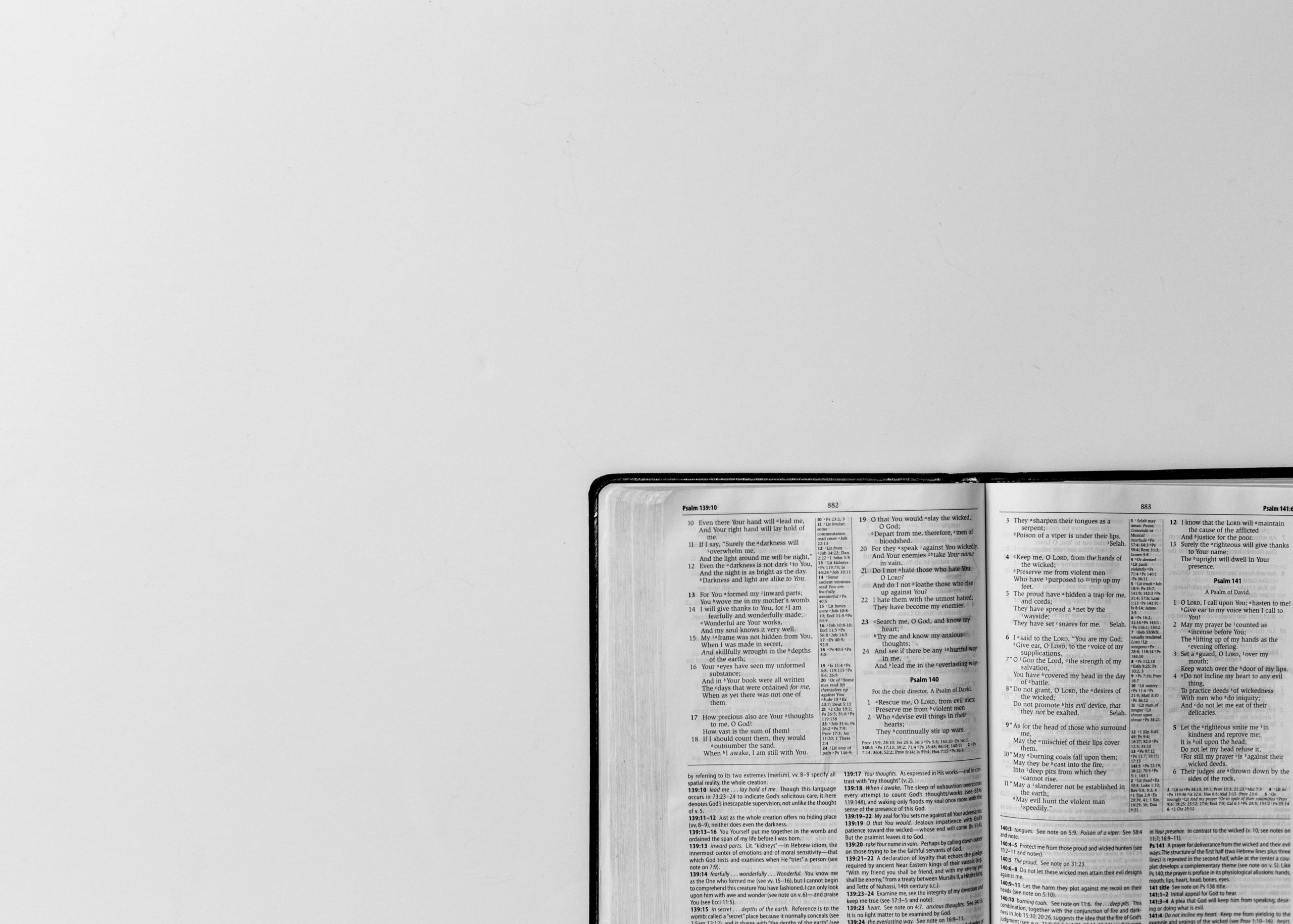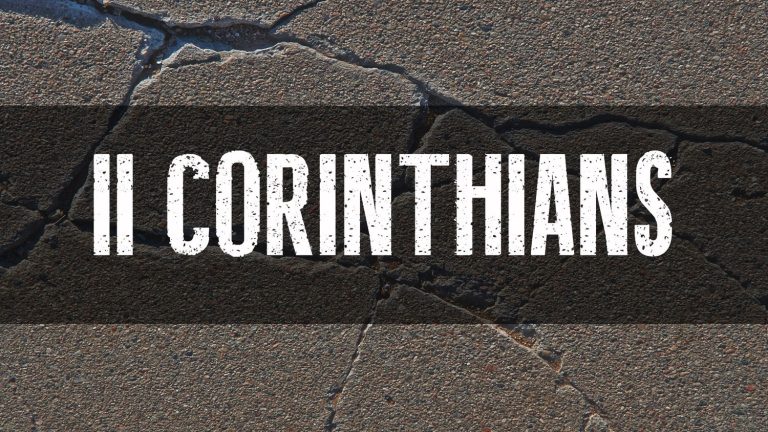
Ancient Anglican
A Modern Perspective on Early Christian Thought.
New on the Blog
2 Corinthians 12-13, pt.1
We’ll keep exploring issues of apostolic authority and the ways in which Paul made an appeal for his own apostolic authority to the Corinthian church.
2 Corinthians 10, pt.2
Within this chapter, we find the confluence of many themes that occur in Paul’s other letters.
2 Corinthians 10, pt.1
We will dive into the notion of “taking thoughts captive” because it has played such a huge role in the Christian spiritual tradition. So be thinking about how your own thoughts might be “made captive” to Christ.
2 Corinthians 5, pt.2
Sin is a disease that defaces the image of God within us, and therefore, God becomes human to cure our disease, so that we may become like God.
2 Corinthians 5, pt.1
Within 2 Corinthians 5, Paul uses the analogy that our present bodies are but temporary tents, whereas our eternal dwelling is a building constructed by God. Think through how this analogy is similar to that employed in John’s Prologue.
2 Corinthians 4, pt.2
In verse 18, Paul reiterates that we must look beyond the literal and the sensible which are easily seen and comprehended but which are transient and perishable.
2 Corinthians 4, pt.1
Within this chapter, Paul continues his analogy that only those with a veiled mind have rejected the light of Christ.
2 Corinthians 3, pt.2
To read the Old Testament as simply an historical narrative misses its entire purpose which is to point to the coming of Christ and the Church. Further, a rejection of the letter frees us from the dictates of the biblical law.
2 Corinthians 3, pt.1
Have some thought about how our own witness to the gospel can be shaped by our particular circumstances, and how we might take some of the treasure of Paul’s letter(s) and apply it in our daily discipleship.
2 Corinthians 1-2, pt.2
These setbacks in Cornith and Ephesus appear to have sent Paul into a depression, and out of this depression, Paul has a different perspective on the troubles of the Corinthian church, or at least a different tone.
2 Corinthians 1-2, pt.1
Above all, though, we will pay close attention to how and why Paul’s experience of the resurrected Jesus led him to be such an effective evangelist.
2 Corinthians – Introduction
This year we will be reading through 2 Corinthians. The study this summer will be led by Rob Donahue. Rob is a native of Grace Church in Charleston and is a rising third-year seminary student at Sewanee.

